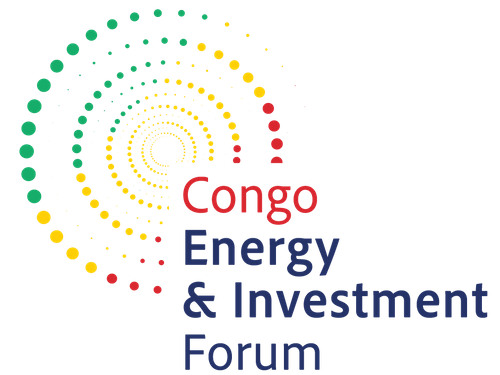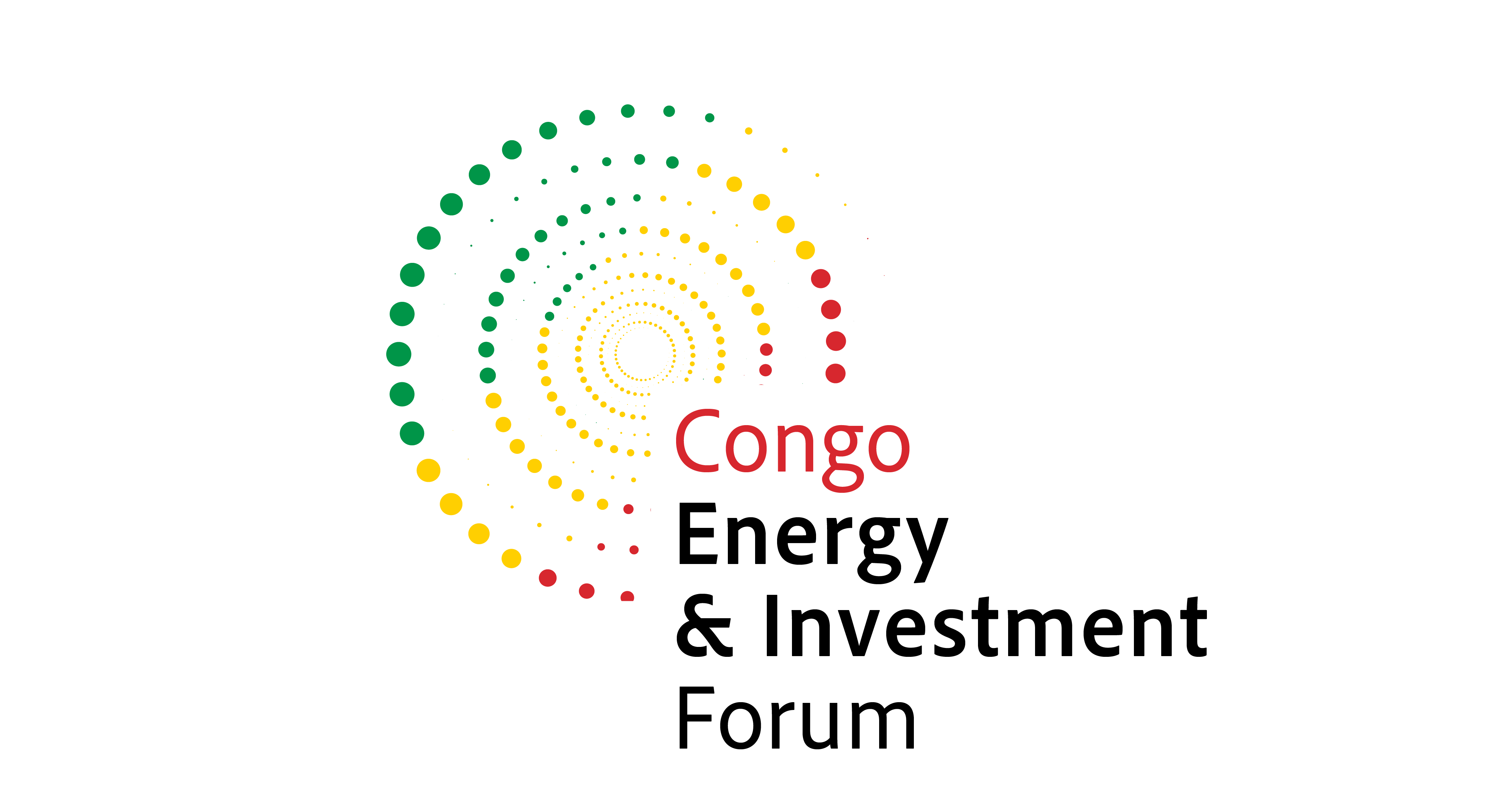Congo Advances Downstream Expansion with New Refineries, Global Partnerships
)
A Focus on Refining
Currently, the Congolaise de Raffinage (CORAF), a subsidiary of the state-owned Société Nationale des Pétroles du Congo (SNPC), operates the nation's sole refinery in Pointe-Noire. With a processing capacity of one million tons per year, CORAF converts crude oil into finished products such as butane gas, gasoline, kerosene, light diesel and heavy fuel oil, meeting approximately 70% of the country's refined petroleum product needs. The crude oil refined at CORAF is primarily sourced from the Djeno terminal, located south of Pointe-Noire, through which 95% of the country's oil production passes. This terminal is connected to the refinery via a 25 km pipeline.
To address the growing domestic demand and reduce reliance on imports, the government has initiated the construction of a new refinery in Fouta near Pointe-Noire. Known as the Atlantic Petrochemical Refinery, this project is being developed in partnership with the Chinese firm Beijing Fortune Dingheng Investment, representing an investment of around $600 million. The first phase aims to achieve a production capacity of 2.5 million tons per year focusing on high-quality gasoline and diesel, as well as domestic products like liquefied petroleum gas, kerosene and fuel oil. Additionally, it will produce petrochemical feedstocks such as propylene and hydrogenated naphtha. The refinery is expected to commence operations by the end of 2025, contributing significantly to national energy security.
Driving Downstream Gas Projects
Congo is actively advancing its downstream gas sector through significant projects and strategic planning. A notable initiative is Wing Wah's Banga Kayo project, an onshore development aimed at monetizing previously flared associated gas. Over its 25-year lifespan, the project is expected to produce approximately 30 billion m3 of gas, which will be processed into dry gas, LNG, LPG and polypropylene. This development will not only reduce carbon emissions but also contribute to the domestic energy supply.
Another significant downstream project in the gas sector is Eni's Congo LNG, which commenced with the delivery of its first LNG cargo from the Tango FLNG facility in February 2024. This project, which will have a total liquefaction capacity of 3 million tons per annum, represents a substantial step towards increasing the country's LNG production capacity, facilitating both domestic consumption and export potential.
Complementing these projects, the Republic of Congo is preparing to launch a Gas Master Plan and a new Gas Code. These frameworks aim to incentivize investment across the natural gas value chain, providing a roadmap for infrastructure development that stimulates industrialization and economic growth.
By establishing a clear regulatory environment, the Gas Master Plan is set to attract further investments in LNG, LPG and gas-to-power projects, reinforcing the country's commitment to leveraging its natural gas resources for sustainable development.
International Collaborations and Future Outlook
In line with its strategy to modernize existing facilities and expand refining capacity, Congo is strengthening international partnerships. Notably, in November 2024, the SNPC signed a contract with the State Oil Company of the Republic of Azerbaijan to modernize the CORAF refinery. This modernization aims to enhance the refinery's capacity and product quality, aligning with evolving environmental regulations and strengthening Congo's energy security.
In October 2024, Russia tentatively agreed to construct a fuel pipeline linking the port of Pointe-Noire to Brazzaville, aiming to enhance the efficiency of fuel distribution within the country. Following the agreement, Jocelin Patrick Mandzela, the Honorary Consul of Congo in St. Petersburg, indicated that building an oil refinery with Russian collaboration is anticipated as the subsequent phase of this midstream project. Additionally, in May 2024, Algeria's national oil company, Sonatrach, met with SNPC to expand their collaboration in developing hydrocarbon resources, focusing on enhancing Congo's refining capabilities.
By modernizing its downstream infrastructure and fostering international collaborations, the Republic of Congo is positioning itself to meet domestic energy demands more effectively and emerge as a significant player in the regional refined petroleum products market. The upcoming Congo Energy & Investment Forum 2025, scheduled for March 25-26, 2025, in Brazzaville, will serve as a pivotal platform to showcase these advancements. The forum aims to connect project developers with Congolese regulators and policymakers, facilitating new investments and partnerships in the country's energy sector.


